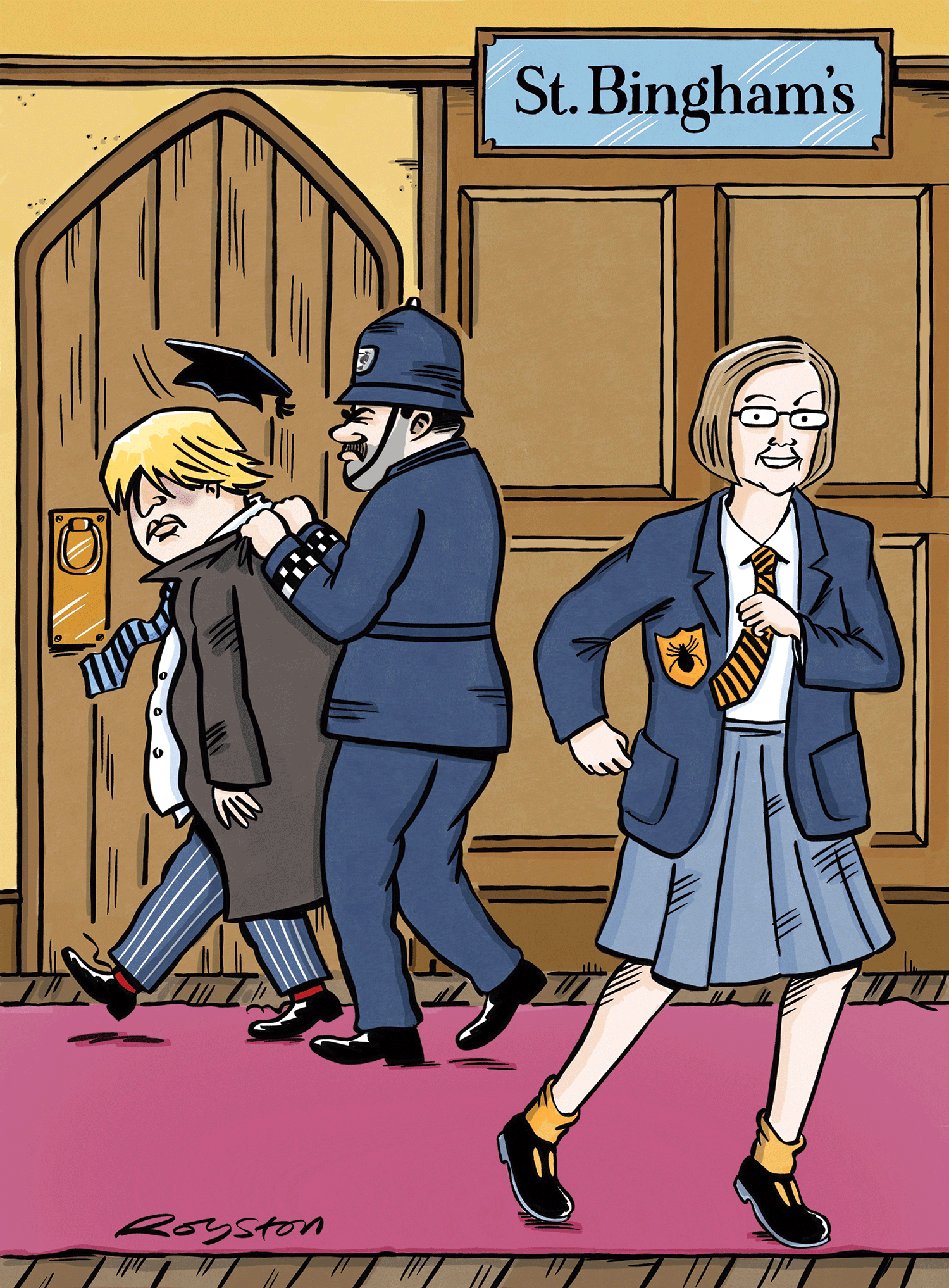Legislation renaming the Supreme Court and reversing the Miller prorogation judgment should lead the new government's constitutional reforms, according to an influential thinktank. In its latest publication attacking what it says is the growth of judicial power at the expense of parliamentary democracy, Policy Exchange also calls for legislation to increase ministerial involvement in judicial appointments.
The thinktank's proposals also cover judicial review and interpretation of the European Convention on Human Rights. They were drawn up with an apparent eye to the 'Constitution, democracy and rights commission', promised in the Conservatives' election manifesto.
A major focus is the Supreme Court's decision last December in Miller v the Prime Minister, which Policy Exchange describes as a 'watershed' threatening 'rupture of the political constitution'. In a foreword, a former leader of the Conservative Party, Lord Howard of Lympne (Michael Howard QC), says that the Supreme Court position in the constitutional hierarchy 'is not a happy state of affairs; it is a constitutional problem which must be tackled by our new parliament and government'.
To tackle the issue, author Richard Ekins, professor of law and constitutional government at the University of Oxford, proposes a Constitutional Restoration Act to reverse the Miller judgment and setting out a list of prerogative powers (including dissolution when the Fixed-term Parliaments Act is repealed) that are non-justiciable and cannot be questioned or quashed in any court.
The act would also make clear that Article 9 of the 1689 Bill of Rights - 'proceedings ought not to be impeached' - applies to acts of the Crown in relation to parliament, including prorogation and dissolution. It would deem the 2017-2019 parliamentary session to have begun and finished on dates specified in the legislation.
Looking to the future, the act would rename the Supreme Court the 'Upper Court of Appeal'. This would better indicate the court’s role which should be to adjudicate disputes in accordance with law, rather than acting as a US-style guardian of the constitution, Ekins states.
Among other proposals, the report recommends legislation to limit the scope of judicial review and to 'exercise existing ministerial powers in relation to judicial appointments, rejecting or requesting reconsideration of candidates where there are doubts about their suitability'.
However the report shies away from immediate repeal of the Human Rights Act, noting 'it may well be prudent to delay repeal, for the time being, in view of recent constitutional instability and, in particular, in order to avoid placing further stress on the territorial constitution'. In the meantime, parliament should amend the act 'to limit the extent to which it undermines the constitutional balance'.
Ekins concedes that his proposals will be criticised as an attack on judicial independence. 'The criticism is unwarranted and must be firmly resisted. Disagreeing with a judgment is not an attack on judicial independence; neither is there anything at all improper about parliament deciding to unwind the recent expansion of judicial power,' he states. 'It must be open to parliament to reconsider those past political choices that have conferred new responsibilities on courts or permitted them to address political questions.'





























34 Readers' comments